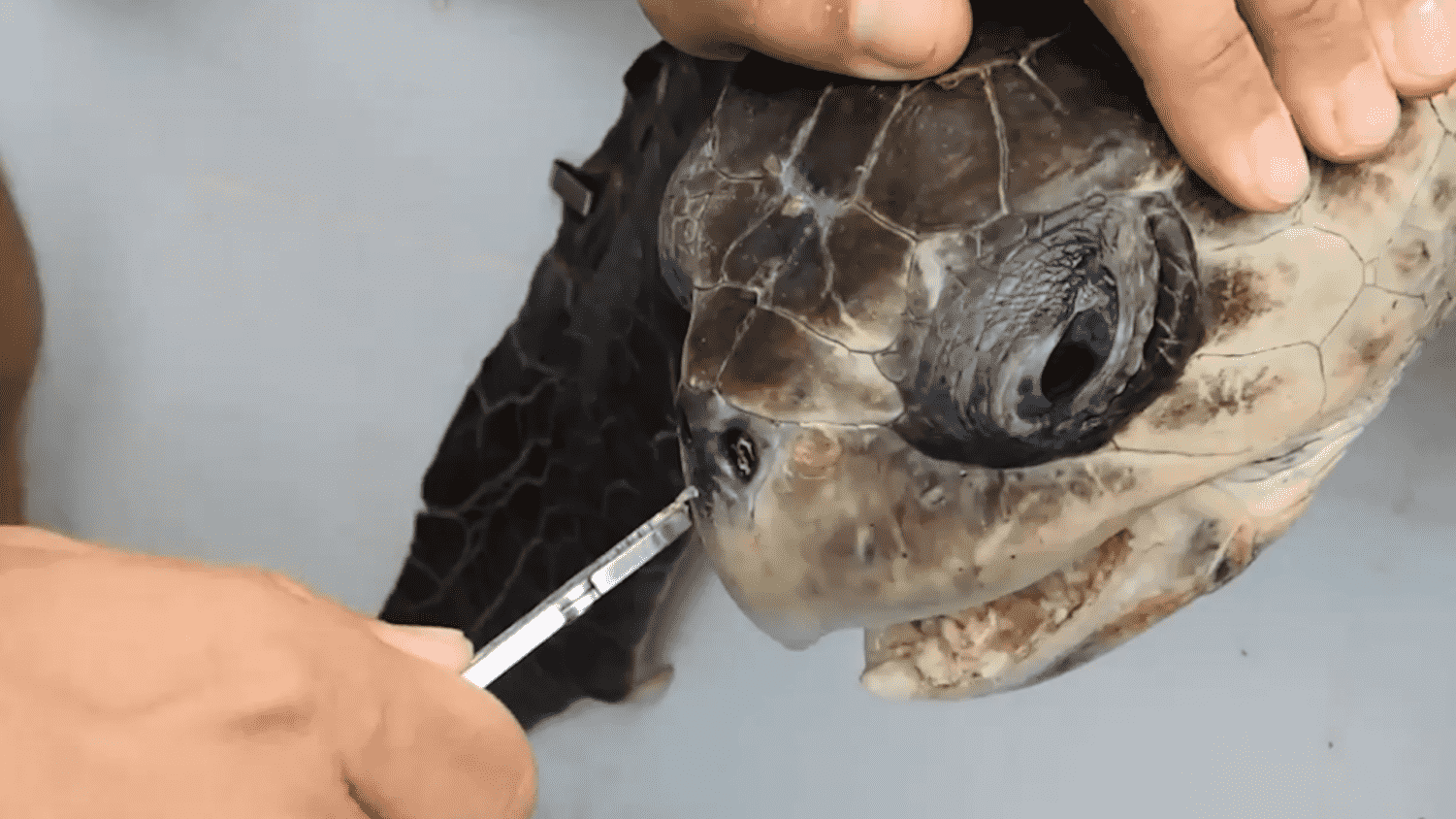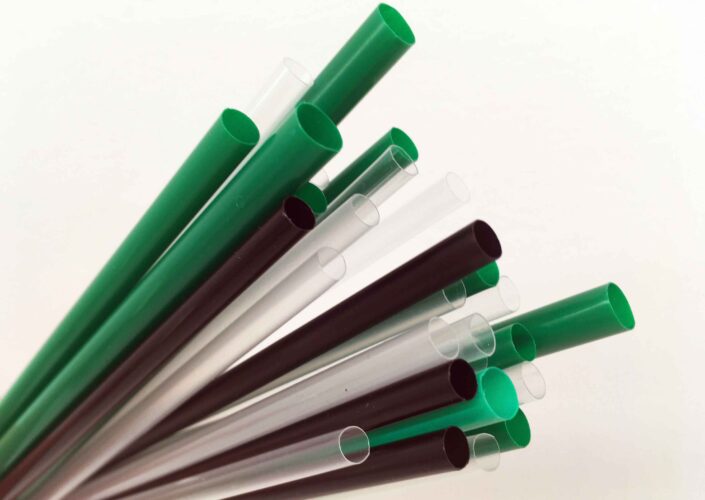Paper straws, the supposedly environmentally-friendly alternative being pushed across the country, may contain more harmful “forever chemicals” than their plastic counterparts. According to a new European study recently published, the higher potential for harm to both humans and the environment has given consumers yet another reason to hate paper straws.
A Belgian study published in the journal Food Additives and Contaminants found evidence of perfluoroalkyl and polyfluoroalkyl substances (PFAS) in 39 straw brands from restaurants and retailers. These so-called “forever chemicals” are able to remain in the environment without breaking down for thousands of years. When consumed, they pose relatively little immediate risk, but over time can accumulate in the body and cause thyroid disease, liver and kidney damage, several types of cancer, and birth defects in infants.
Learn the benefits of becoming a Valuetainment Member and subscribe today!
The study ran tests on straws made of a variety of materials, including paper, plastic, bamboo, glass, and stainless steel. Of the brands tested, paper and bamboo had the highest PFAS concentrations at 90% and 80% respectively. 75% of plastic straws tested also contained the chemicals, as did 40% of glass. None of the steel straws contained PFAS.
“Straws made from plant-based materials, such as paper and bamboo, are often advertised as being more sustainable and eco-friendly than those made from plastic,” study author Dr. Thimo Groffen, an environmental scientist at the University of Antwerp, said in a statement. “However, the presence of PFAS in these straws means that’s not necessarily true.”
The study did not determine whether the chemicals were introduced deliberately during the manufacturing process or accidentally by environmental exposure, nor did it establish whether beverages could be contaminated by contact with the straws. However, researchers concluded that the environmental benefits of non-plastic straws have been widely overstated, claiming “These ‘eco-friendly’ plant-based straws are not necessarily a more sustainable alternative to plastic straws because they can be considered as an additional source of PFAS exposure in humans and the environment (e.g. after degradation in landfills or through incomplete incineration).”
This research comes amid a years-long ongoing push to eliminate the use of plastic straws across the United States. As far back as 2018, New York City and the entire state of California were making efforts to ban single-use plastic straws entirely. Despite complaints from millions of consumers over the soggy, impractical paper straws (which this study has further shown to be both toxic and harmful to the environment), paper quickly became the only option in many cities.

But the science behind the anti-plastic movement was always dubious at best. A viral video of a sea turtle with a straw stuck in its nose coupled with a shocking claim that Americans use a collective 500 million straws per day prompted a massive campaign to reduce plastic pollution. However, while garbage and toxic runoff in the ocean is a major problem, the truth behind that statistic called the fixation on straws into question.
The “500 million straws per day” claim, which was repeated by the New York Times, CNN, the Washington Post, USA Today, the Wall Street Journal, and other outlets, originated with an independent environmental studies project conducted by a 9-year-old named Milo Cress. The Vermont fourth grader first landed on that number in 2011 after conducting a phone survey with a handful of straw manufacturers—a process that was not entirely in keeping with proper scientific procedures.
But despite the questionable source, that number was cited for years afterward as the anti-straw campaign continued, leading to paper alternatives being pitched as the best possible solution. In light of the latest findings, though, there may only be one truly eco-friendly straw alternative.
According to Dr. Goffen, “We did not detect any PFAS in stainless-steel straws, so I would advise consumers to use this type of straw — or just avoid using straws at all.”
Read the full study below:


















Add comment